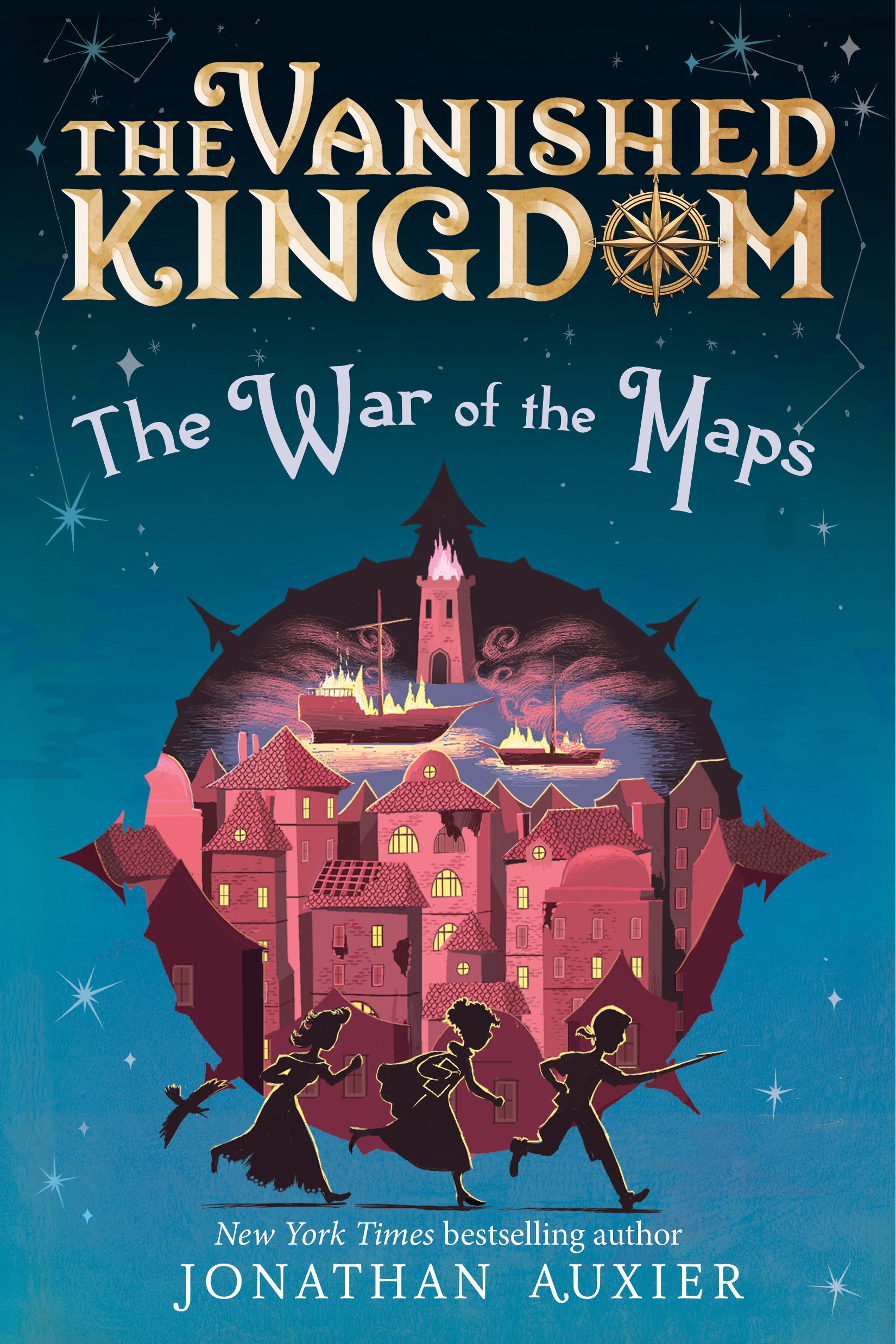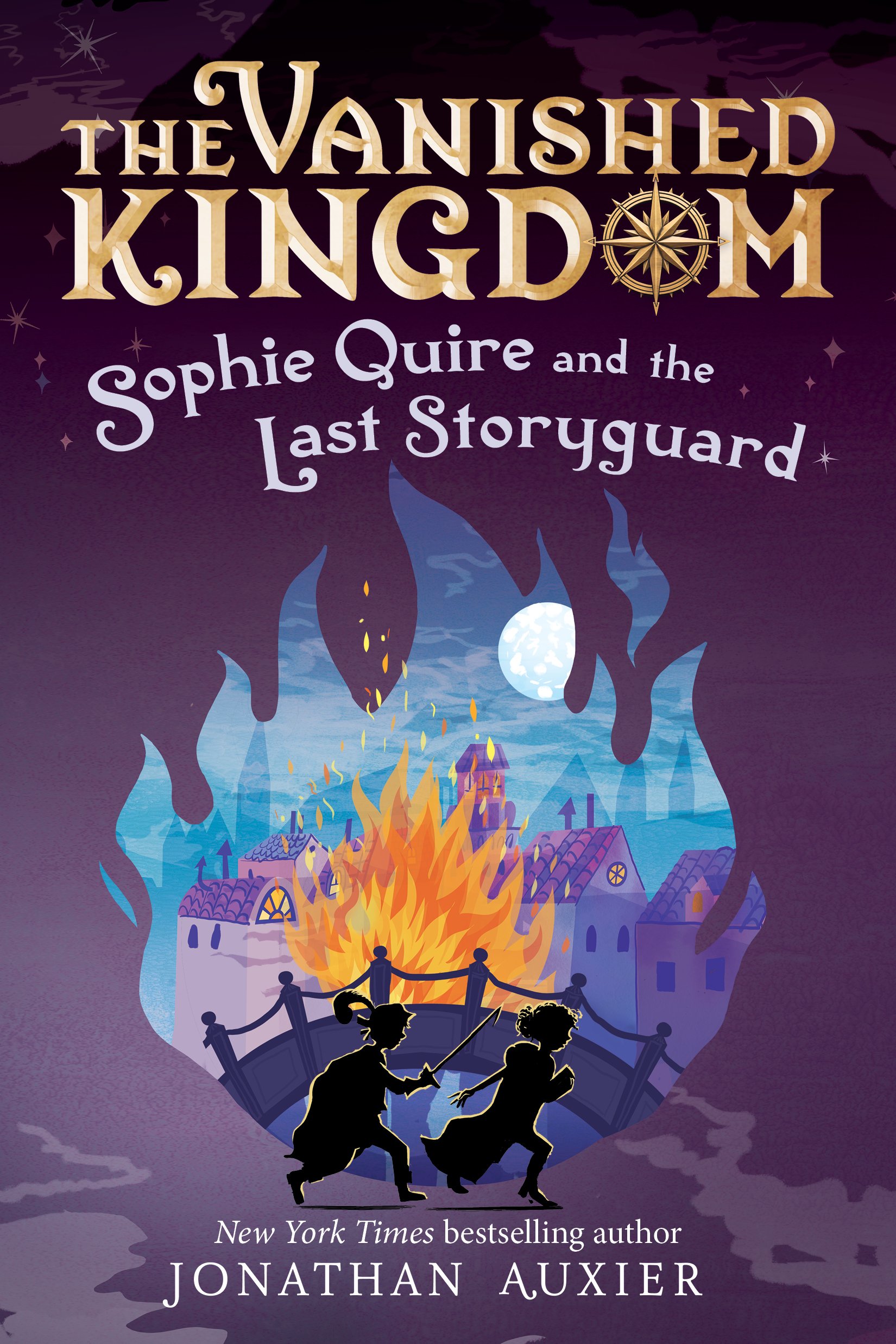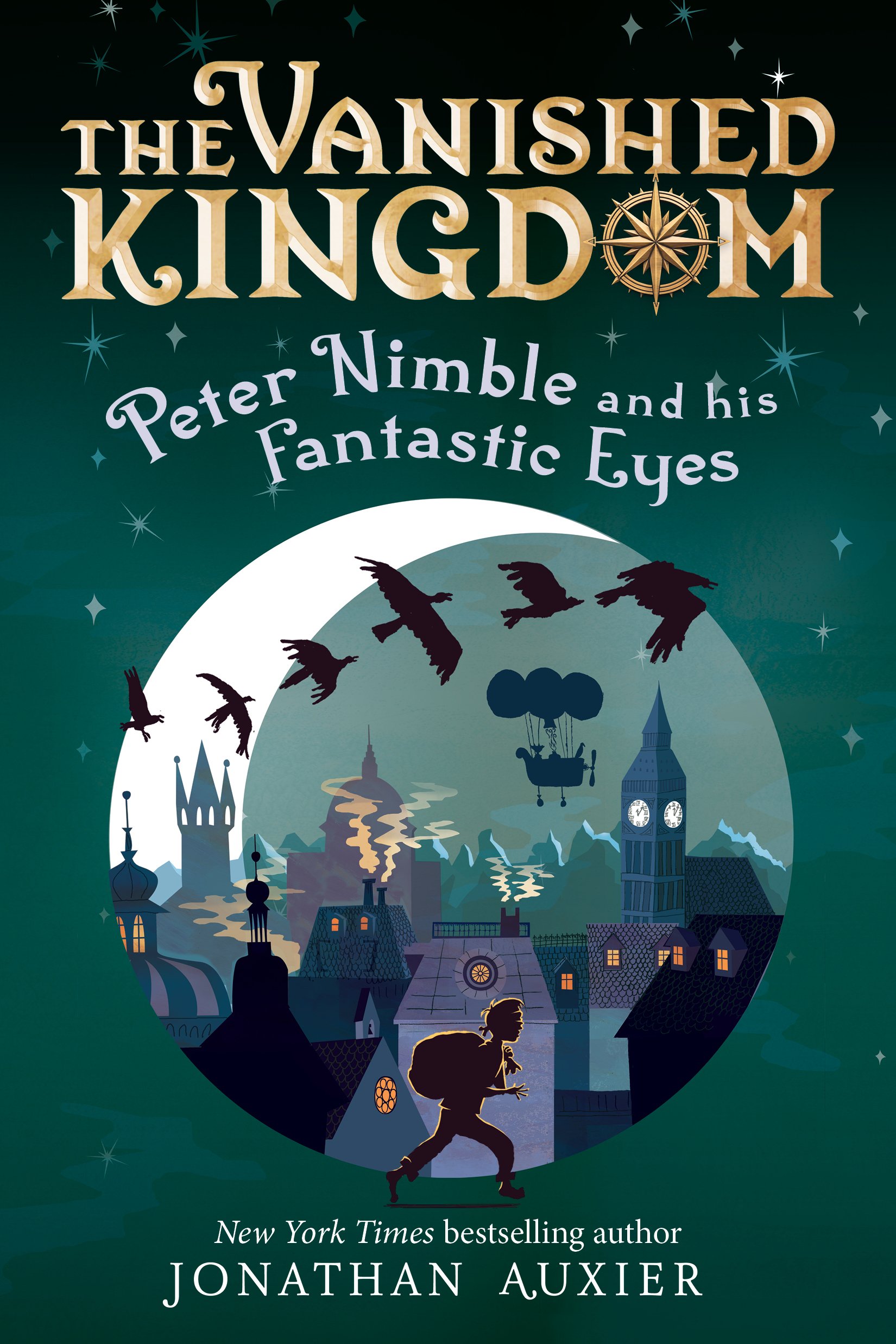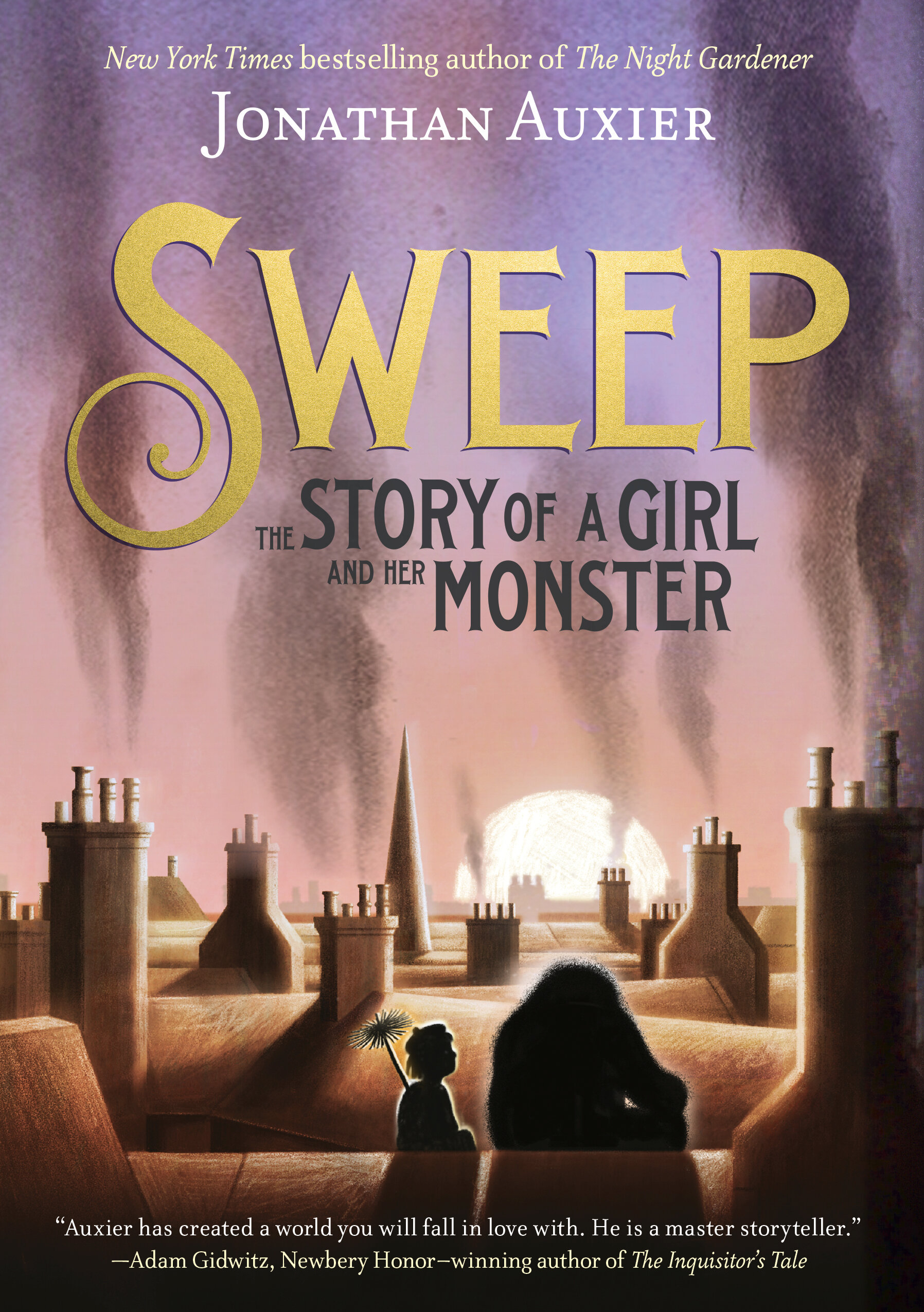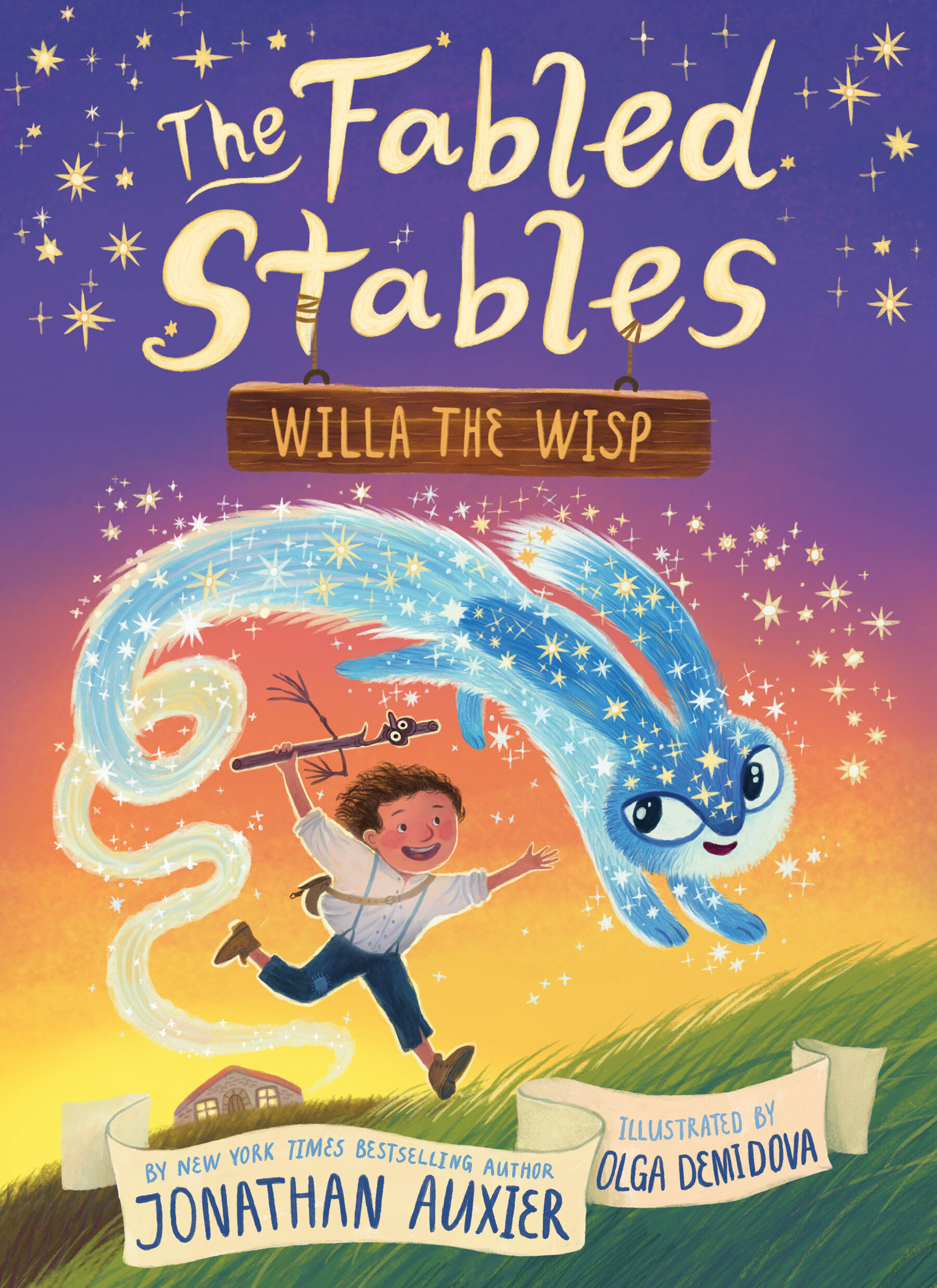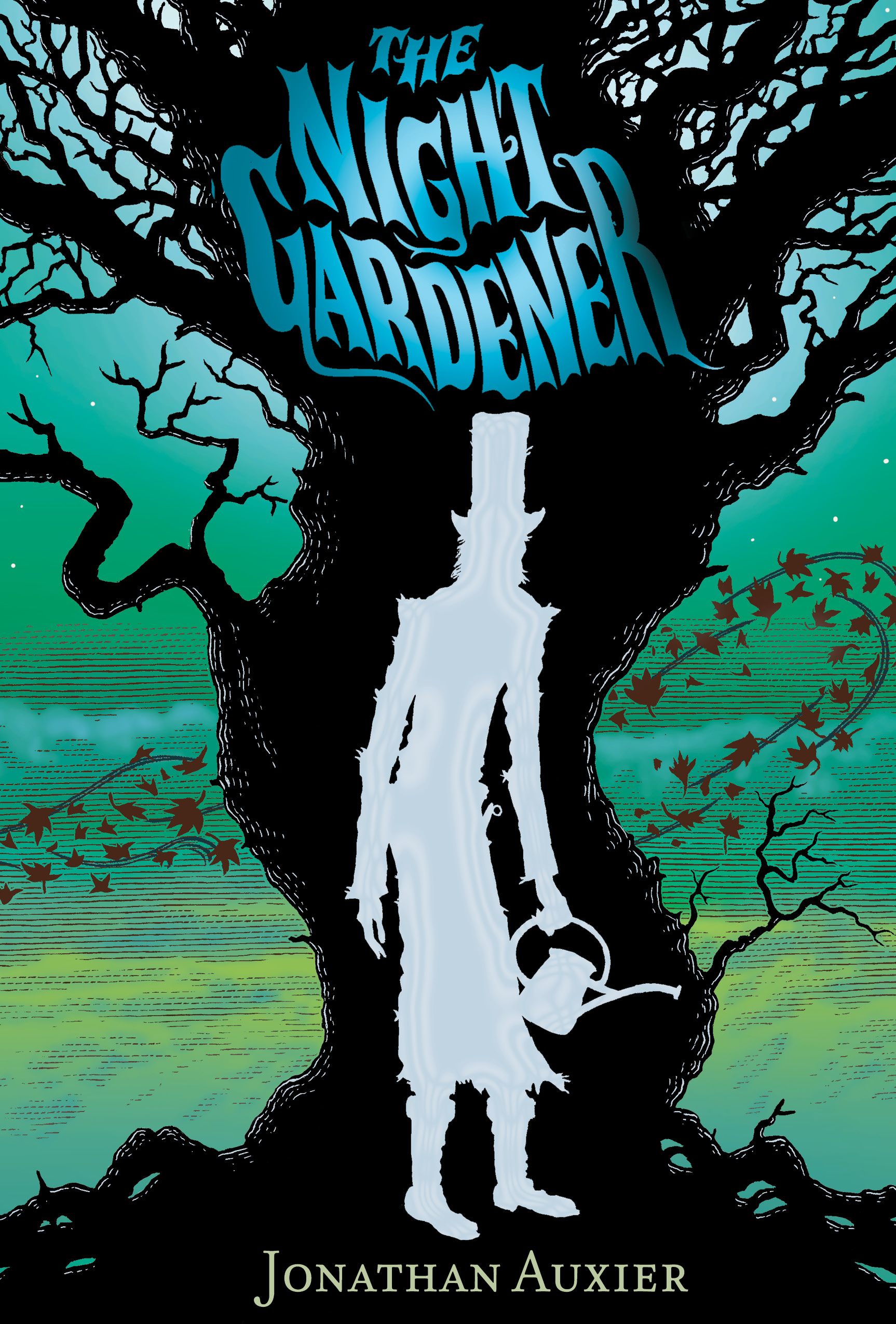Don't Shoot the Messenger
/The other day I was having trouble with a script and so I took a long walk. We have a dollar theater about eight miles from the house, which is a perfect distance (provided you have a ride home[1. 1. I tend to prefer walking all my miles in a straight line ... which invariably results in my phoning Mary to pick me up. The woman is nothing if not patient.]). I love dollar theaters because they stop me from being picky: how can I resent a movie that only cost a buck? Even when the movie is terrible, I can at least spend the time productively by analyzing why the movie is terrible ... Which is exactly what I did while watching The Chronicles of Narnia: The Voyage of the Dawn Treader.

Over the years, I have had a very love/hate relationship with Lewis' fantasy series[2. 2. I have long harbored an irrational hatred for The Lion, the Witch, and the Wardrobe ... The Magician's Nephew, however, is one of my favorite stories of all time.]. One of the books' most divisive elements is its use of Christian imagery ... some might even say allegory. I've spoken with countless friends who still remember the day they realized that Lewis had woven covert religious themes into his narrative. At ALA last month, Neil Gaiman reminisced about this moment in his own life. Laura Miller wrote a book about it. Phillip Pullman wrote several.
I'm starting to think that the discovery that the Chronicles of Narnia are about something is the bookish child's version of learning that [SPOILER ALERT] there's no Santa Claus. It is the moment when we discover that authors aren't just nice men and women trying to entertain us with a story; instead they're trying to communicate some lesson to us -- which makes them no different than every other bossy adult in our lives. Perhaps even more important, it is usually a discovery we make on our own.
I have re-read (and now watched) The Chronicles of Narnia with this question in mind. And the more time I spend with these stories, the less I think that the outrage is justified. Certainly Lewis has created Narnia as a moral universe -- where every new place and challenge is a proving ground for personal integrity. But what good story doesn't do that? Why do we roll our eyes at the heavy-handed moralizing of Eustace's avarice, but thrill at seeing Ofelia approach the table of the Pale Man? Or seeing Harry Potter discover the secret of the mirror of Erised?
I suspect that the anger concerning The Chronicles of Narnia is less about Lewis' specific message and more about the fact that he has a message at all. It is outrage at the very notion of authorial intent.



